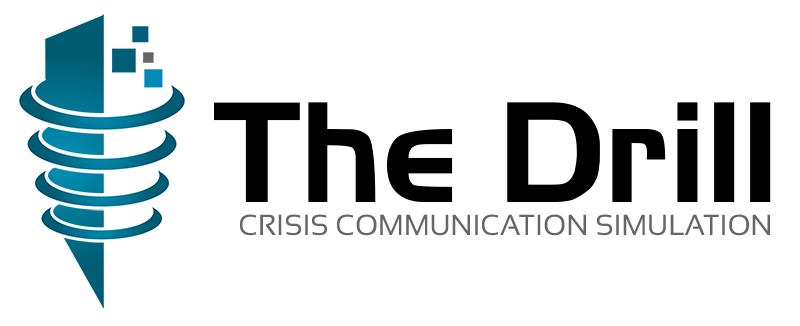Develop a strategy for crisis management planning
Most people think strategy’s a great thing when it comes to managing crisis, disaster or emergency threats. Often, though, thinking abstractly about strategy is way easier than actually taking time to develop one that works.
For many crisis management consultants and crisis specialists called in to help firefight crises that have exploded without proper plans or crisis templates in place, there’s often not the luxury of time to develop ‘strategy’: Or is there…?
If you work in crisis management, risk mitigation or business continuity, what would be the simplest, workable definition of strategy we can readily use in crisis management planning: Perhaps we could agree that crisis strategy fundamentally boils down to the following definition:
“A guiding direction or persuasive theme taken by the organisation to achieve a desired state in the future.”
So, if we take that definition into crisis management scenarios, we could quickly and fairly accurately build a crisis response strategy around into an easy-to-use template (below). Try filling it in for an issue your company is currently facing or might soon encounter:
Today, <Insert scenario + its main threats> present as unsafe ground for our <organisation/division name>.
Safe ground under the attendant pressures would look like <insert what that safe state may be, noting neutralisation of the main or key threats>.
Thus, a strategic approach/theme, using - ethos | logos | or pathos actions and messages - would most likely take us from today’s unsafe ground to ‘tomorrow’s’ safe ground ?
By animating our <insert your persuasive approach/theme to guide our Behaviour and Comms> and having that theme reflected in all our stakeholder engagements should take us from a present unsafe position to a future safe position.
Crisis management consultants and experts can use the above template to shape and inform their crisis response plans.
At The Drill, we developed this short-cut to strategy to help (in this case) crisis management and reputation practitioners rapidly sketch out how they strategically plan to approach crisis or issues management threats. Students of ‘the classics’ will recognise that Ethos, Pathos & Logos are classic modes of persuasion to convince and inform audiences about your status, stance or direction on any given topic or situation. The classic approach you take will, of course, depend on the challenges or crises you are facing!
Ethos [ethical appeal] means engaging stakeholders using references to credibility or character.
Logos [aka logic] means engaging audiences by use of logic, data, facts or proof points.
Pathos [emotional appeal] communicates and engages via appeals that use emotions including anger/ sympathy.
If you work with people and professionals who believe crisis strategy needs to be 100-pages thick, you might want to remind them that less is more memorable, when it comes to enacting a strategic plan (fewer parts to go wrong). Tactical plans are often more detailed and granular. But good crisis management practice means agreeing on a SEE strategy that is: Simple, Enactable and Effective. We hope you agree!
